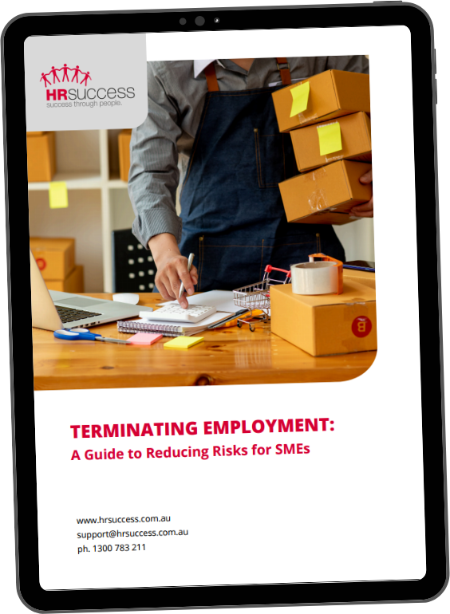Just as it’s critical to business success to measure and analyse revenue and profit, investment performance, and monitor the costs of production or service delivery, so it is critical to measure the outcomes and processes associated with managing people.
This applies regardless of the size of the business. After all, employment-related costs are the single greatest expense for most businesses (research suggests an average of 60-75% of business costs are employment-related).
Having said that, measuring anything and everything is not the answer. Rather, it’s much better to be taking a few, key measures that have a real link to business success. Indeed, Dr John Sullivan, Professor of Management at San Francisco State University said it well (and not to mention eloquently!), when he suggested that HR measures can be divided into two categories: the “Who Cares ?” numbers and the “Oh Sh*t !” numbers.
His message is that measures need to have a direct relationship to productivity and the bottom-line of the business in order to be of value. Such measures include productivity improvement percentages per employee, revenue per employee and time to fill vacant high-revenue earning positions; that is, those measures that, if they’re heading in the wrong direction, will generate an “Oh Sh*t!” response and demand urgent action.
Many of the other numbers collected by businesses seeking to measure HR-related performance will generate a “Who Cares?” response and, while they may still be important in terms of monitoring initiatives and improving process performance, they do not impact quite as directly on the bottom line. Examples of these could be measures of employee engagement, staff training hours and time taken to process payroll data.
At the end of the day, the “Who Cares?” numbers may be helpful to those with HR responsibilities to validate and/or guide changes to strategy and process, but they should probably keep the data to themselves. If those responsible for HR want to be and be seen as valuable and relevant to the business, they need to be focusing on and reporting to management the “Oh Sh*t!” numbers.
If your business is not presently taking any measures relating to your people, or is only collecting and reporting “Who Cares?” numbers, it may well be that you are missing valuable indicators of overall business performance.


